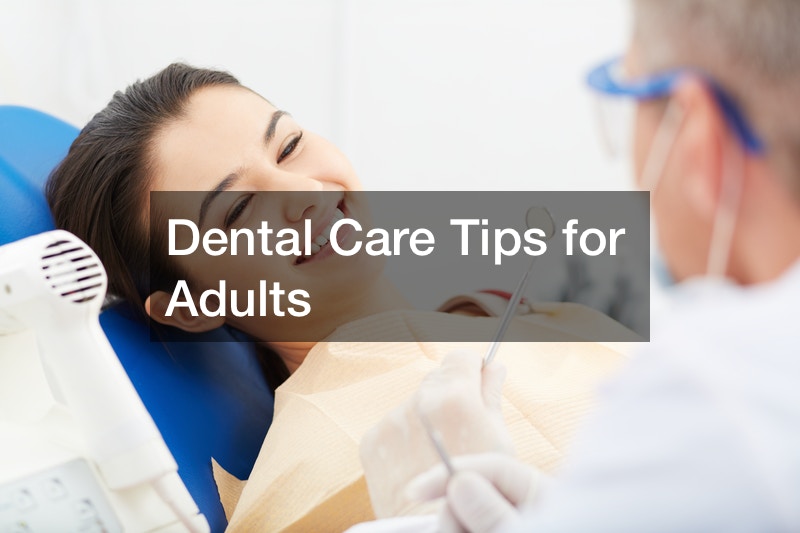
https://toothbrushhistory.com/dental-care-tips-for-adults/
It is particularly beneficial especially for people who sleep with their mouths closed or who grind their teeth as they are asleep. When you remove these particles you’ll prevent them from entering your mouth while you are asleep and inflicting damage.
Make sure your toothbrush is clean
The toothbrush in the holder that is dirty or has been left out over a long period of time will never be made use of. So take good care of your toothbrush as well as the holder it sits in by washing them regularly. Rinse the toothbrush holder thoroughly using hot and soapy water. Additionally, you could place it in the dishwasher. Plaque can accumulate in the crevices of the holder, which makes it difficult to wash.
Make sure your toothbrush is upright to ensure that water won’t be trapped in the bristles.
To avoid water getting trapped on the bristles, make sure you keep your brush straight. Plaque is attracted to moist surfaces, therefore keeping your toothbrush in a straight position and allowing it to air-dry prior to storage can help prevent bacteria growth.
The toothbrush must be put within a space or hole so it is able to drain the water from it following cleaning. If your toothbrush is damaged or worn, it is suggested to replace them every 3 months.
Be careful not to brush your teeth as often
Cleaning your teeth regularly is a great idea, however brushing too often isn’t. Many people believe that their teeth will become healthier if they brush less often. However, there is little proof to back this claim. Overbrushing may hurt your gums and result in dental sensitivity, in addition to other issues with your system, like heart disease.
In the event of excessive brushing, you lose of bacteria that protect the surface of your teeth. Gingivitis can be a serious problem that’s closely linked with heart disease.
American Dental Association recalibrated
zxehkq1tdx.